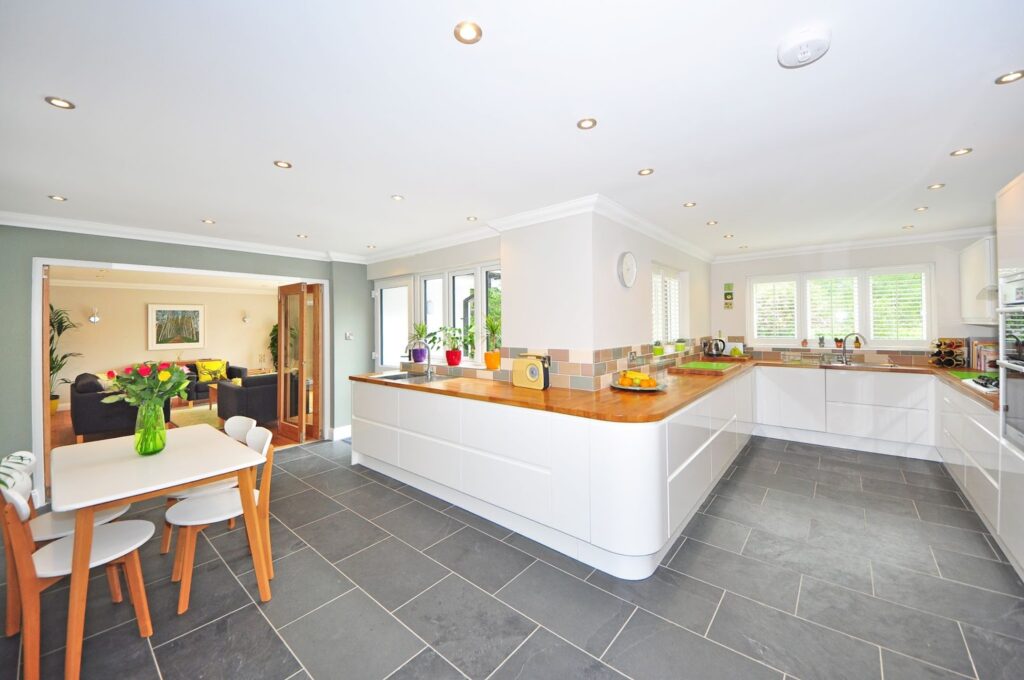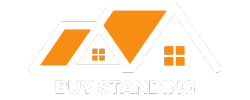Buying a new home can be an exciting and overwhelming experience. With so many factors to consider, it’s important to have a checklist in place to ensure you make the right decision. In this article, I’ll provide you with a comprehensive guide on what to include in your buying a new home checklist.
First and foremost, it’s crucial to determine your budget before beginning your search. Calculate how much you can afford for both the down payment and monthly mortgage payments. This will help narrow down your options and prevent you from falling in love with a home that is out of reach financially.
Next, consider the location of the property. Evaluate factors such as proximity to schools, workplaces, amenities, and public transportation. Think about the neighborhood’s safety, development potential, and its overall appeal in terms of future resale value.
Other key items on your checklist should include assessing the condition of the property itself through thorough inspections – both inside and out. Look for any signs of structural issues or costly repairs that might arise after purchase. Don’t forget to inquire about utility costs, taxes, HOA fees (if applicable), insurance rates, and any other ongoing expenses associated with homeownership.
By following this buying a new home checklist, you’ll be well-prepared to navigate the complex process of purchasing a new property. Stay tuned for more detailed tips and insights throughout this article series!
Determining Your Budget
Introduction
One of the first and most crucial steps in buying a new home is determining your budget. This will set the foundation for your house hunting journey and help you make informed decisions along the way. Here are some key factors to consider when establishing your budget:
Assessing Your Financial Situation

Before diving into the world of real estate, it’s important to take a comprehensive look at your financial situation. Start by evaluating your income, expenses, and any existing debts or obligations. This will give you a clear picture of how much money you have available each month to allocate towards housing costs.
Calculating Affordability
Once you have a solid understanding of your finances, it’s time to calculate how much house you can afford. A general rule of thumb is that your monthly housing expenses should not exceed 30% of your gross monthly income. These expenses include mortgage payments, property taxes, insurance, and any homeowner association fees.
To get a more accurate estimate, consider using an online mortgage calculator. This tool takes into account various factors such as interest rates, loan terms, and down payment amount to determine the maximum loan amount you can comfortably handle.
Saving for Down Payment and Closing Costs

In addition to monthly expenses, you’ll need to save for a down payment and closing costs. Typically, lenders require a down payment ranging from 3% to 20% of the home’s purchase price. It’s advisable to aim for at least 10% down payment as this may help lower your mortgage insurance premiums.
Closing costs encompass various fees associated with finalizing the purchase of a home such as appraisal fees, title search fees, attorney fees, and more. On average, these costs range from 2% – 5% of the total loan amount.
Pre-Approval Process
Obtaining pre-approval for a mortgage is another essential step in determining your budget. This involves submitting your financial documents to a lender who will then assess your creditworthiness and provide you with a pre-approval letter. Having this letter in hand gives you a clear understanding of how much the lender is willing to lend you, helping narrow down your options.

